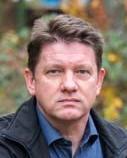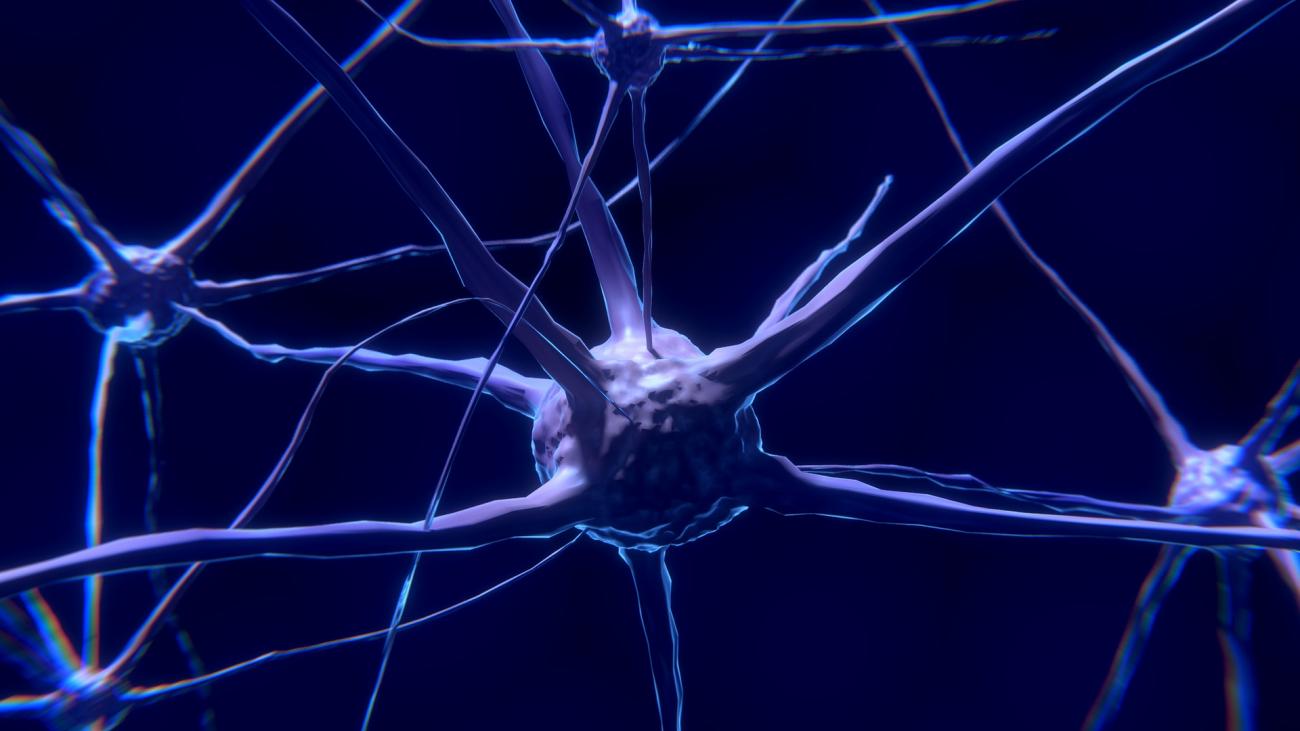How does one (re)build a brain to learn and remember?
The hippocampal formation is essential for the processing of episodic and spatial memories. Interestingly, before 2 years of age, children are unable to form or store episodic and spatial memories for recall later in life, a phenomenon known as infantile amnesia. From 2 to 7 years of age, there are fewer memories than predicted based on a forgetting function alone, a phenomenon known as childhood amnesia. In the first part of the talk, I will discuss how the differential maturation of distinct hippocampal circuits, including the entorhinal cortex, might underlie the differential emergence of specific “hippocampus-dependent” memory processes, culminating in the emergence of episodic memory concomitant with the maturation of all hippocampal circuits. In the second part of the talk, I will discuss studies on the structural and functional reorganization of the brain following neonatal and adult hippocampal lesion in monkeys. I will show that different regions of the medial temporal lobe memory system require different types of interaction with the hippocampus in support of memory. The caudal perirhinal cortex, the parahippocampal cortex, and the retrosplenial cortex may contribute to spatial learning in the absence of functional hippocampal circuits, whereas the caudal entorhinal cortex may require hippocampal output to support spatial learning. Finally, I will show that selective hippocampal lesions induce structural changes in the entorhinal and perirhinal cortices, which are dependent on the age of the animals when the lesion occurred. Consistent with prior findings in the amygdala, hippocampal damage may have influenced neuroblast migration and the differentiation of immature neurons in a subdivision-specific manner in the entorhinal and perirhinal cortices. Such lesion-induced neuronal plasticity may contribute to the functional reorganization of the medial temporal lobe following hippocampal damage and sheds light on potential mechanisms that may facilitate or limit functional recovery following brain injury in an age-dependent manner.
Dr. Lavenex is an Associate Professor at the University of Lausanne (UNIL) Switzerland.
NACS seminars are free and open to the public.




